Research
The Institute of Data Science (IDS) is a program for collaborative innovation involving Data Science and Artificial Intelligence whose research focus is to accelerate scientific discovery, improve clinical care and well-being, and to strengthen communities. IDS fosters a collaborative environment for multidisciplinary research founded on accurate, reproducible, multi-scale, distributed, and efficient computation. IDS specializes in machine learning, decentralised applications related to biomedical data, as well as promoting the FAIR (findable, accessible, interoperable, and reusable) principles.

Ongoing Research Projects
DACIL
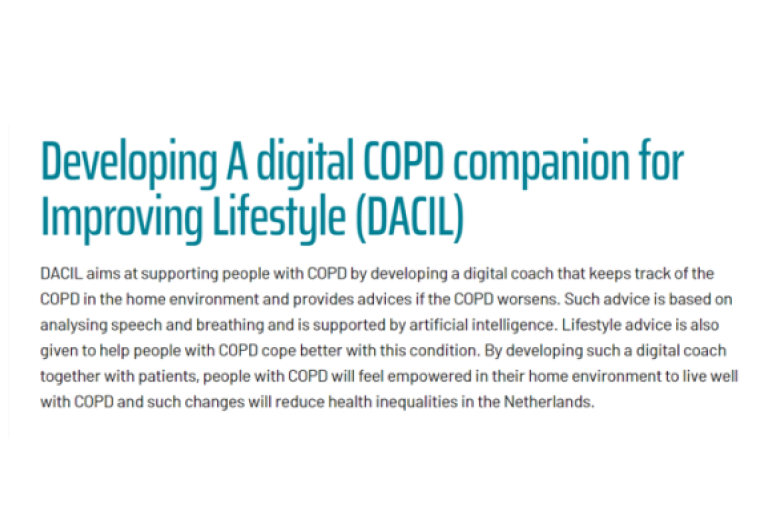
BioFin-EU

OpenAgri
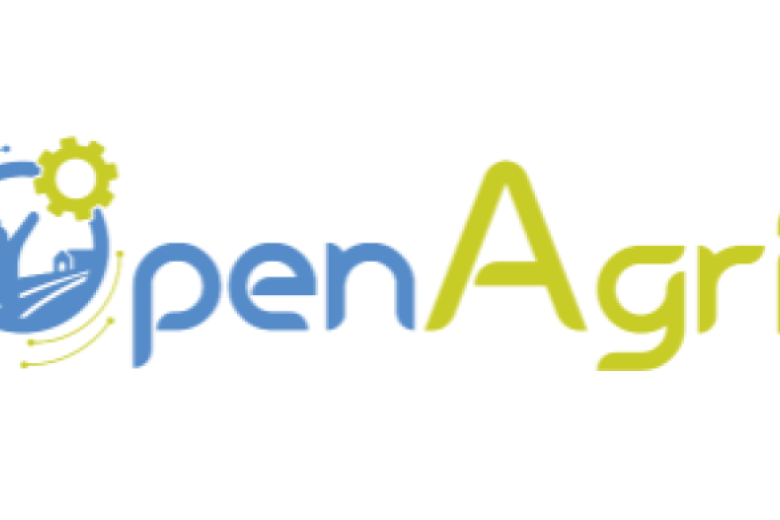
GENIUS Lab
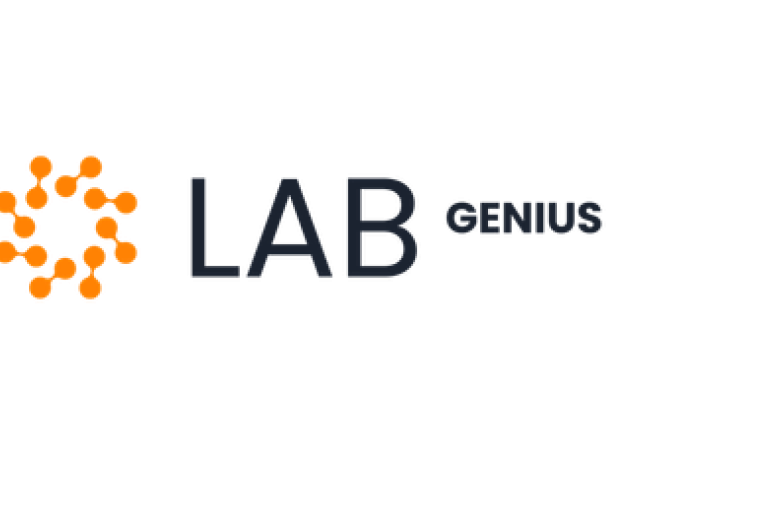
EU-FarmBook
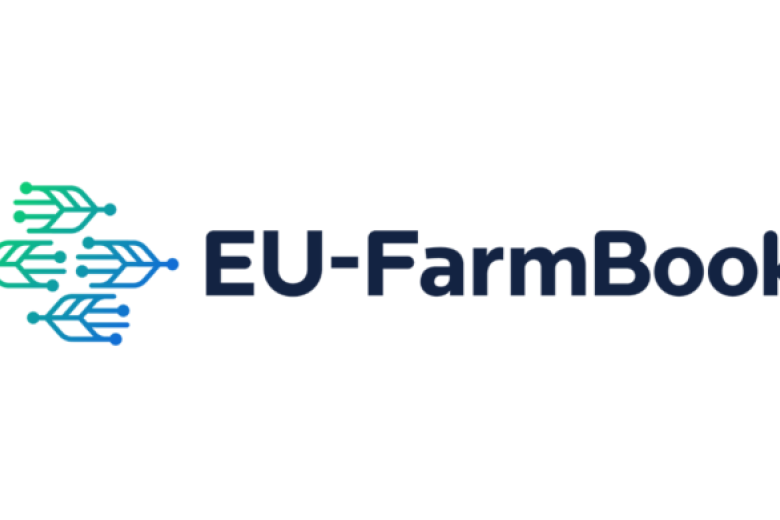
iCARE4CVD
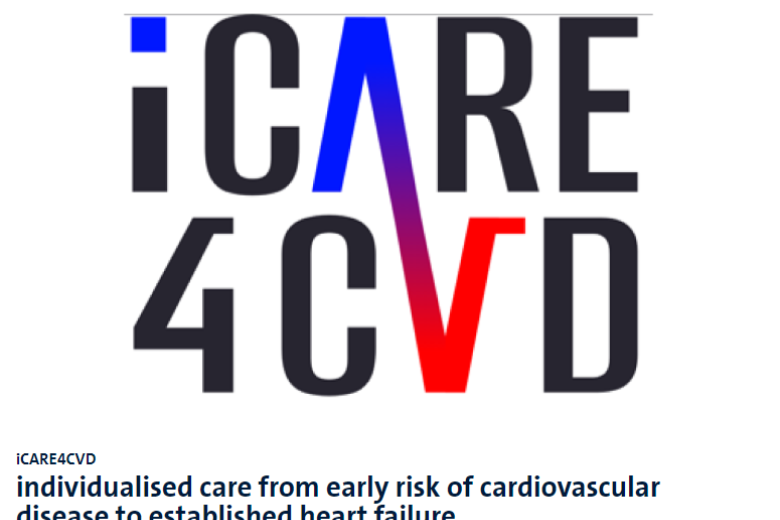
FACILEX
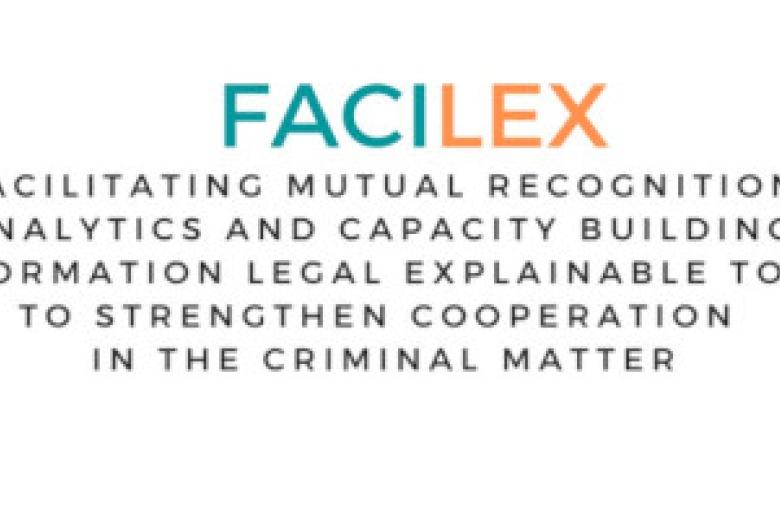
REALM
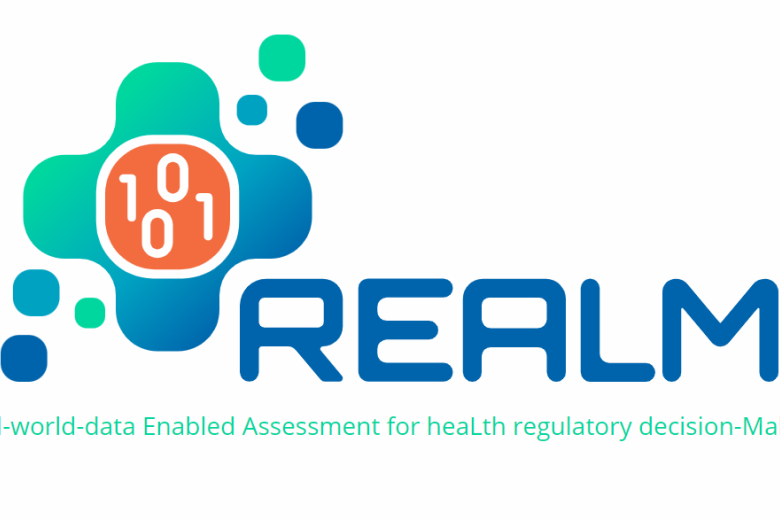
AIDAVA
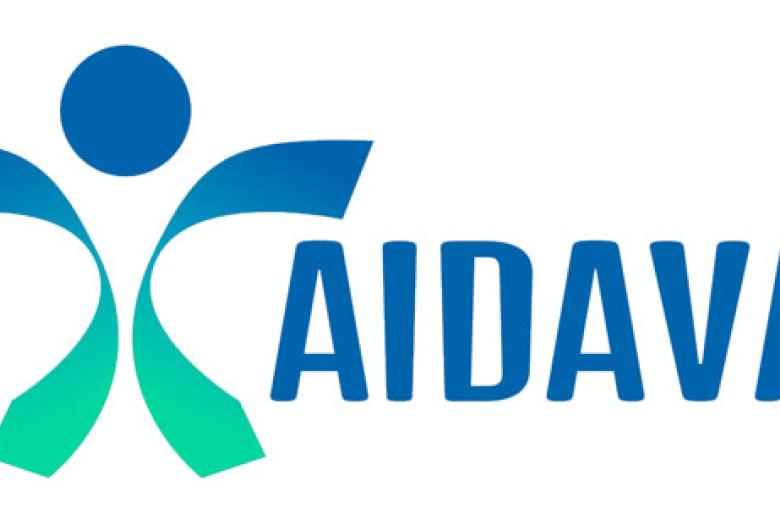
Completed Research Projects
Core research themes
Accelerating scientific discovery
Accelerating scientific discovery through the development of powerful Artificial Intelligence (AI) platforms coupled with FAIR data and services to systematically unlock knowledge about the world we live in
To showcase this theme is the Data to services research work where a command line interface for building and deploying standards-compliant (RDF) Knowledge Graphs have been developed to facilitate easy:
Integration of any structured data using various solutions.
Deployment of various interfaces to consume the Knowledge Graph data.
Deployment of user-friendly web UI to access the integrated data.
Improving clinical care and well-being
Improving clinical care and well-being through the creation of intelligent systems that bring the science of medicine back into the practice of medicine
For example, we developed research on FAIR Health, where we created a new social, legal and technological infrastructure and applied federated machine learning to uncover positive and negative determinants of type-2 diabetes, using FAIR data from both Maastricht study and Statistics Netherlands.
We developed FAIR data stations at Maastricht study and Statistics Netherlands (CBS) for the two different organizations to faciliate sharing of data without leaks and established a broad and scalable governance structure and consent definition to underpin the responsible use of Big Data in the Health domain.
Empowering communities
Empowering communities to characterise, implement and monitor data-driven solutions that optimise their investments to maximise their quality of life
In the Legal Inference chatbot research we observed, that many students and other new residents in the city of Maastricht often do not dispose of the legal knowledge to deal with issues related to tenancy. Since this is a frequently occurring circumstance, we developed a chatbot for students: here they can describe the specifics of their issues with a landlord and obtain up-to-date legal advice on the case scenario.